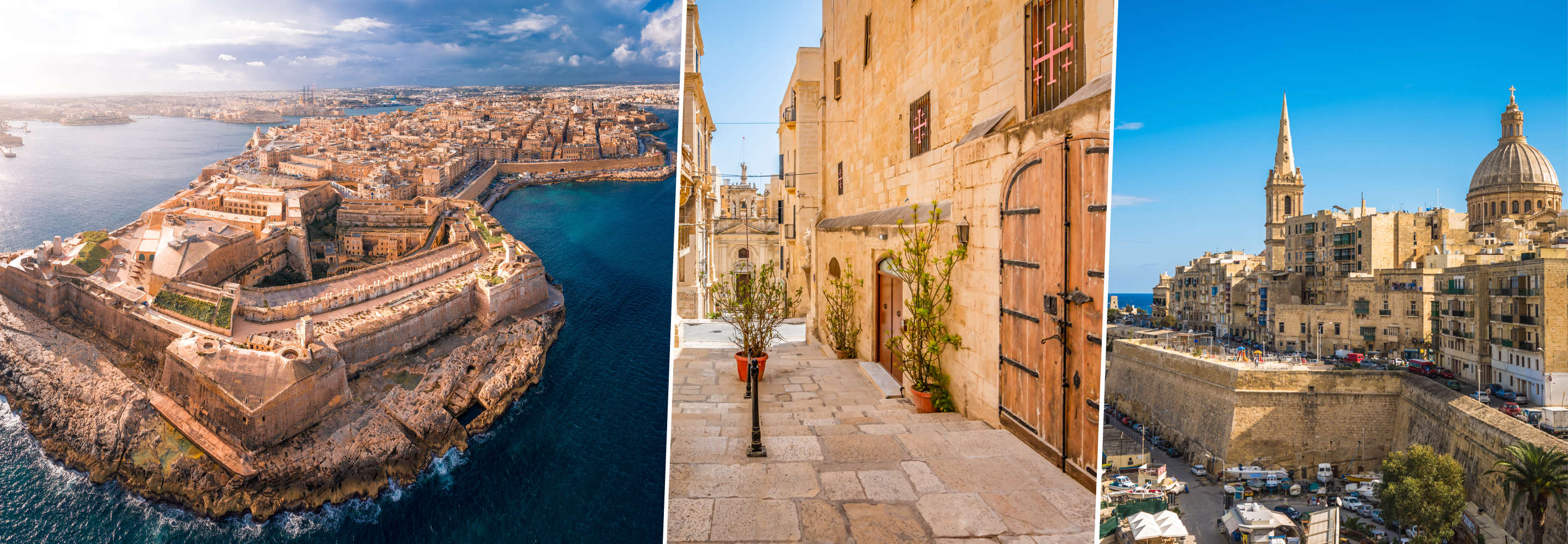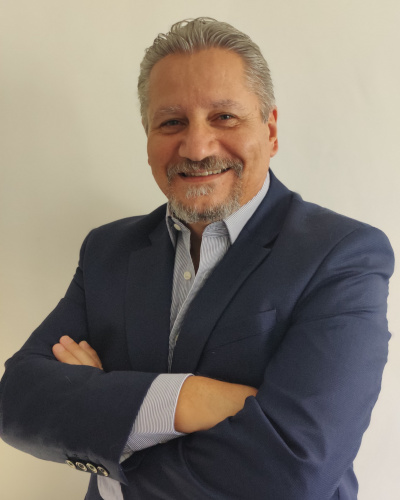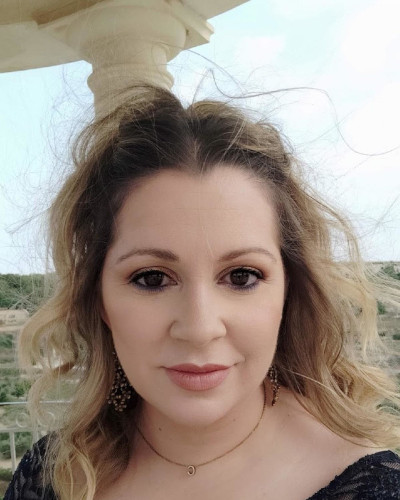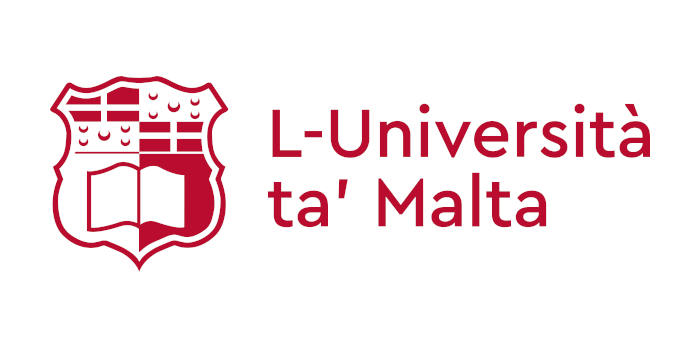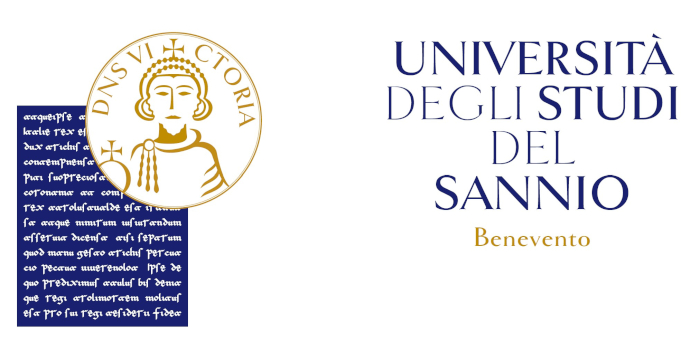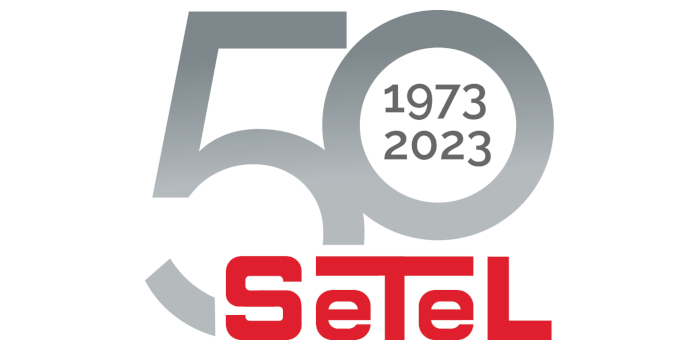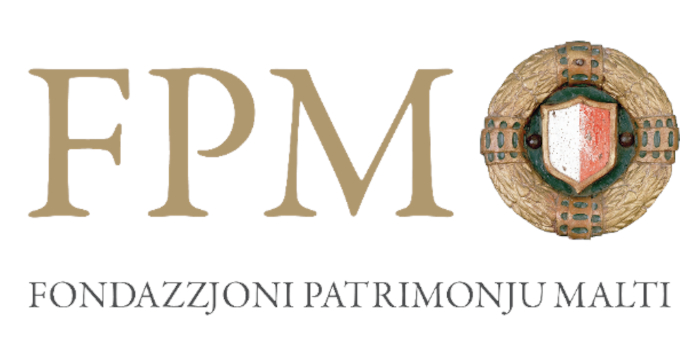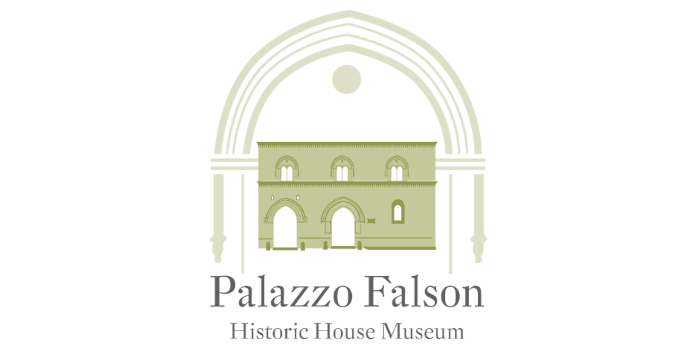SPECIAL SESSION #29
Artificial Intelligence, Metrology, and Cultural Heritage: Integrating Disciplines for Preservation and Innovation
ORGANIZED BY
Charlie Abela
Department of AI, University of Malta
Charlene Ellul
Notarial Archives Foundation
ABSTRACT
This special track session aims to explore the convergence of Artificial Intelligence (AI), Metrology, and Cultural Heritage (CH), fostering a multidisciplinary approach to heritage conservation and digital innovation. The integration of AI, particularly advances in transformers and generative AI, with metrology offers unprecedented opportunities for the documentation, preservation, and interpretation of CH. This session highlights the importance of leveraging these cutting-edge technologies to enhance our understanding of cultural assets, improve conservation techniques, and create innovative ways to engage with heritage. By bringing together researchers and practitioners from these diverse fields, we aim to foster collaboration, exchange knowledge, and explore the synergistic potential of these technologies to protect and celebrate our cultural legacy.
The integration of AI and metrology in CH represents a groundbreaking approach to conservation and research. Transformer technologies and generative AI models have revolutionized how we process language and images, providing tools for deep analysis, pattern recognition, and the creation of new content. When applied to metrology, these AI advancements enable more precise and detailed measurements, 3D reconstructions, and the analysis of CH materials at an unprecedented scale and accuracy. This confluence allows for the digital preservation of artifacts, sites, and intangible heritage, ensuring they are accessible for future generations while opening new avenues for research and education.
MAIN TOPICS
This special session aims at collecting contributions in the following areas (but are not limited to) :
- AI-Driven Analysis of Cultural Heritage: Using machine learning and AI to analyze historical texts, artifacts, and structures, enhancing understanding and preservation.
- Advanced Metrology for Cultural Heritage: Precision measurements and 3D modeling techniques in the documentation and conservation of cultural sites and objects.
- Generative AI in Artifact Reconstruction: Leveraging generative models to reconstruct damaged or incomplete artifacts, providing insights into past cultures and technologies.
- Digital Twins for Cultural Heritage Sites: Creating digital replicas of heritage sites for preservation, study, and virtual tourism using integrated AI and metrology approaches.
- AI and Metrology in Preventive Conservation: Developing predictive models for conservation, assessing risks to cultural heritage from environmental changes and human activities.
- Semantic Analysis and Interpretation of Cultural Data: Employing NLP and transformers to interpret textual and visual cultural heritage data, enhancing accessibility and engagement.
- Ethical Considerations in AI and Cultural Heritage: Addressing the ethical implications of using AI and digital technologies in cultural heritage conservation and representation.
This special track session not only aims to showcase the latest research and applications at the intersection of AI, metrology, and CH but also to stimulate discussion on future directions, challenges, and opportunities in this exciting field. We welcome contributions from researchers, practitioners, and educators working towards the innovative preservation and celebration of CH through these advanced technologies.
ABOUT THE ORGANIZERS
Charlie Abela, is a Senior Lecturer and researcher at the Department of Artificial Intelligence, within the Faculty of Information & Communication Technology at the University of Malta. His academic journey has also seen him contributing to the Digital Enterprise Research Institute, now recognized as the Insight SFI Research Centre for Data Analytics, in Ireland. Charlie specializes in a range of cutting-edge technologies and methodologies, including Knowledge Graphs, Graph Neural Networks, and Deep Learning, with a particular emphasis on their application in the humanities. This interdisciplinary approach underlines his commitment to leverage AI to bridge the gap between technology and the humanities. Among the various projects he has led, Notarypedia stands out as a notable example of his efforts to use AI techniques to automatically extract data from handwritten manuscripts and harvest this data in Notarypedia's Knowledge Graph thus enhancing the accessibility and understanding of historical documents.
Charlene Ellul, is the Chief Knowledge Officer at the Notarial Archives in Valletta where she combines her expertise in artificial intelligence with her passion for cultural heritage preservation. Holding an MSc in AI, her work on Notarypedia exemplifies the innovative intersection of technology and history, where she applies advanced AI techniques to the conservation, analysis, and accessibility of historical documents. At the Notarial Archives, Charlene plays a pivotal role in pioneering projects that leverage AI to unlock the stories and data preserved in centuries-old notarial deeds, enhancing both academic research and public engagement with Malta's rich historical legacy. Her contributions are not only vital to the preservation of Malta's cultural heritage but also serve as a testament to the transformative power of AI in the field of historical research and conservation.

